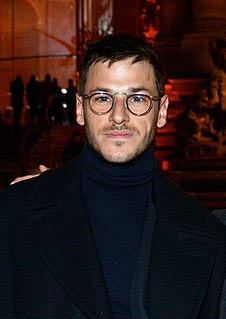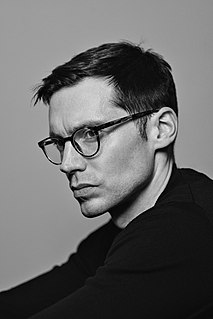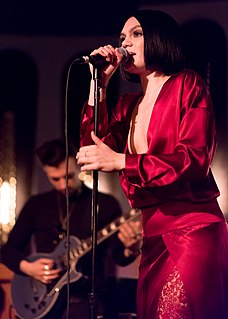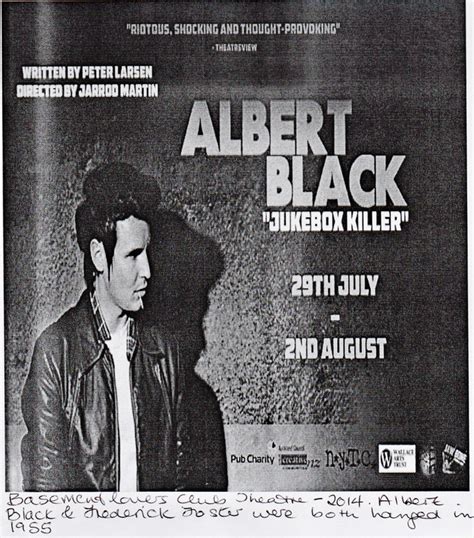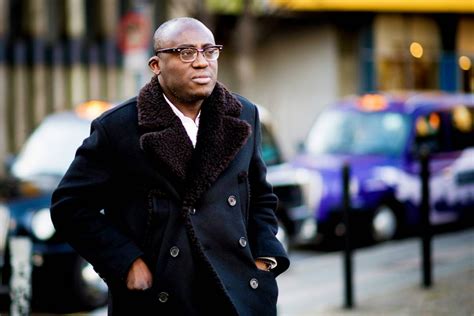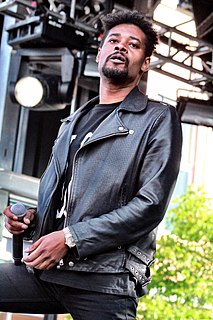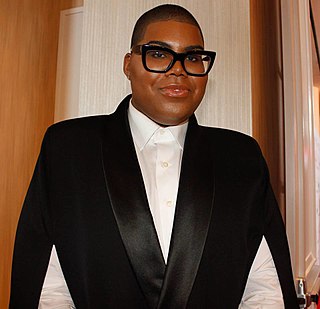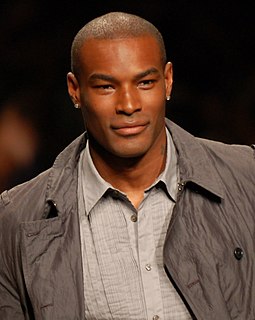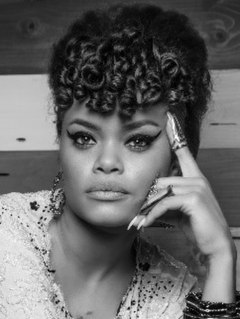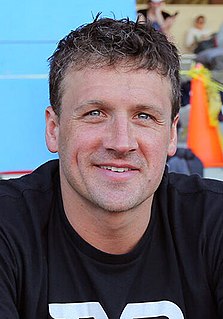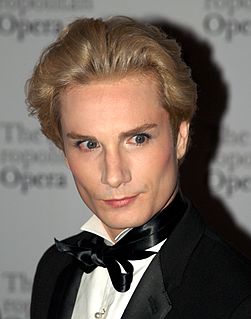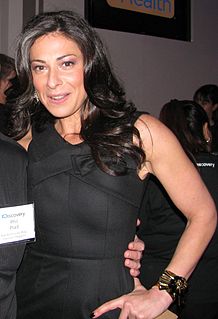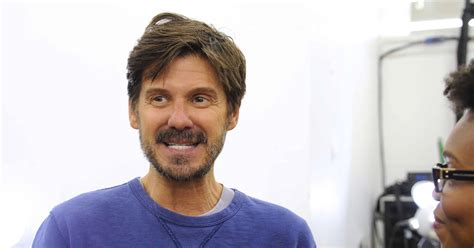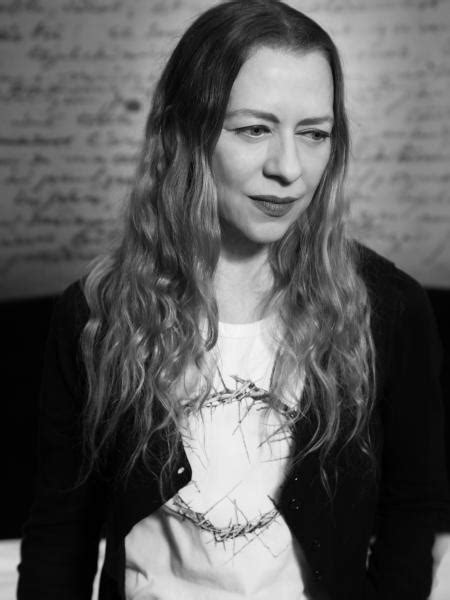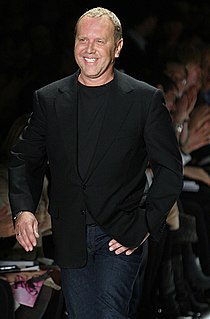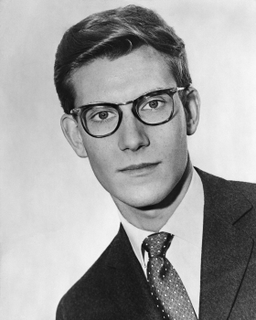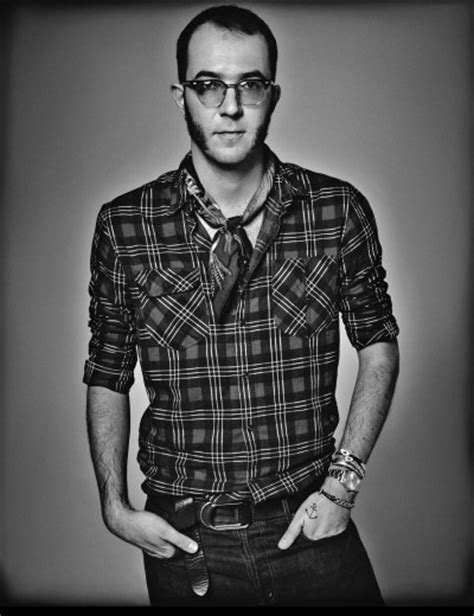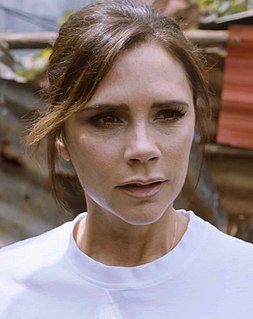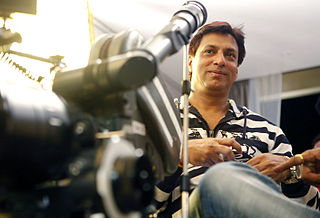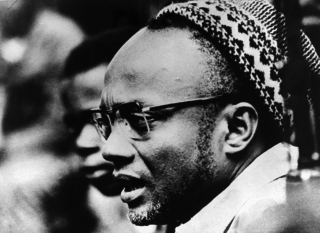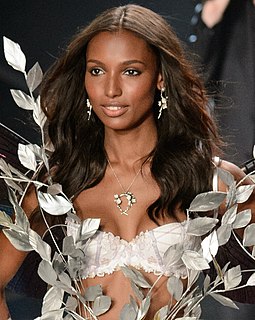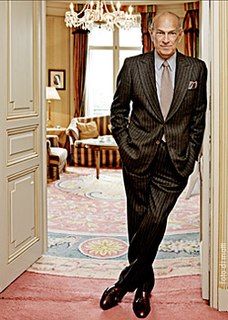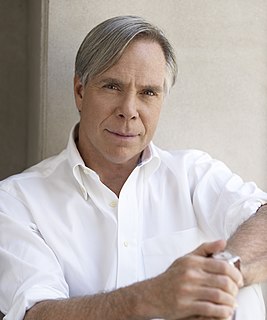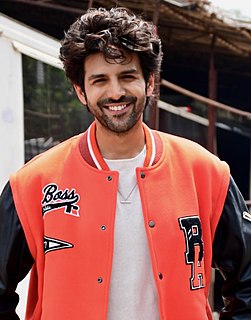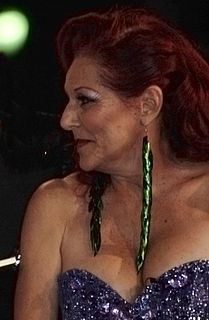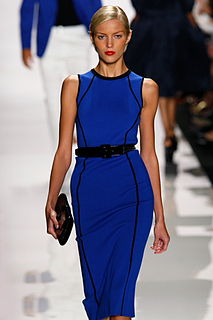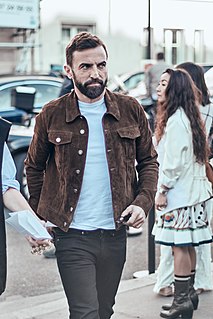Top 1200 History Of Fashion Quotes & Sayings - Page 4
Explore popular History Of Fashion quotes.
Last updated on December 4, 2024.
If we suppose a sufficient righteousness and intelligence in men to produce presently, from the tremendous lessons of history, an effective will for a world peace - that is to say, an effective will for a world law under a world government - for in no other fashion is a secure world peace conceivable - in what manner may we expect things to move towards this end? . . . It is an educational task, and its very essence is to bring to the minds of all men everywhere, as a necessary basis for world cooperation, a new telling and interpretation, a common interpretation, of history.
If we're having a glitzy over-the-top moment, fashion is very glitzy and over-the-top, you know, over-the-top. If we're having a moment where things are, you know, we're in a recession, fashion becomes quiet. So, in terms of popular culture, fashion and especially women's fashion is incredibly interesting, aside from satisfying just a particular need to create and arrange things in a way that one sees as beautiful. And so, in a certain way, it's fulfilling. In another way, it's very fleeting because it doesn't last very long. You know, a beautiful moment in fashion goes away very quickly.
Music expresses feeling, that is to say, gives shape and habitation to feeling, not in space but in time. To the extent that music has a history that is more than a history of its formal evolution, our feelings must have a history too. Perhaps certain qualities of feeling that found expression in music can be recorded by being notated on paper, have become so remote that we can no longer inhabit them as feelings, can get a grasp of them only after long training in the history and philosophy of music, the philosophical history of music, the history of music as a history of the feeling soul.
There's a lot we should be able to learn from history. And yet history proves that we never do. In fact, the main lesson of history is that we never learn the lessons of history. This makes us look so stupid that few people care to read it. They'd rather not be reminded. Any good history book is mainly just a long list of mistakes, complete with names and dates. It's very embarrassing.
I mean, a lot of people don't realize it, but fashion is one of the most racial industries left out there now. Radio and music aren't. Television and movies aren't. Even commercials now are showing interracial couples. You see a lot of diversity in TV shows, but you don't see that in fashion. You think there would be some, because the consumer is of all colors and all shades. But you don't see that in fashion.
I love fashion because it's plugged into the zeitgeist, so it's always changing. Thirty years ago, I could never have predicted I'd be where I am today, so I know I don't know what's going to happen in the next five years or the next 20 years. I have my predictions—I'm sure technology will continue to have an impact on fashion, particularly the way people shop. I think quality will be increasingly important—we're moving away from a time of fast fashion. But really, the only constant in fashion is that you must keep moving forward, otherwise you'll be left behind.
I think we could benefit from world history that is specifically taught in a multi-faceted fashion that allows for an understanding that perspectives on truth can be very different. I'm an advocate of an approach that endeavors to foster empathy and which tries to find a common humanity across the divide.
We know only a single science, the science of history. History can be contemplated from two sides, it can be divided into the history of nature and the history of mankind. However, the two sides are not to be divided off; as long as men exist the history of nature and the history of men are mutually conditioned.
I think creating the clothes is about creating historical images - and that's about more than fashion. It is about the fashion, the photography, what you are doing in the moment. It's what we call in French rechercher, or the search for that thing. So even though fashion is not scientific, I think being a designer is somewhat like being a scientist.


